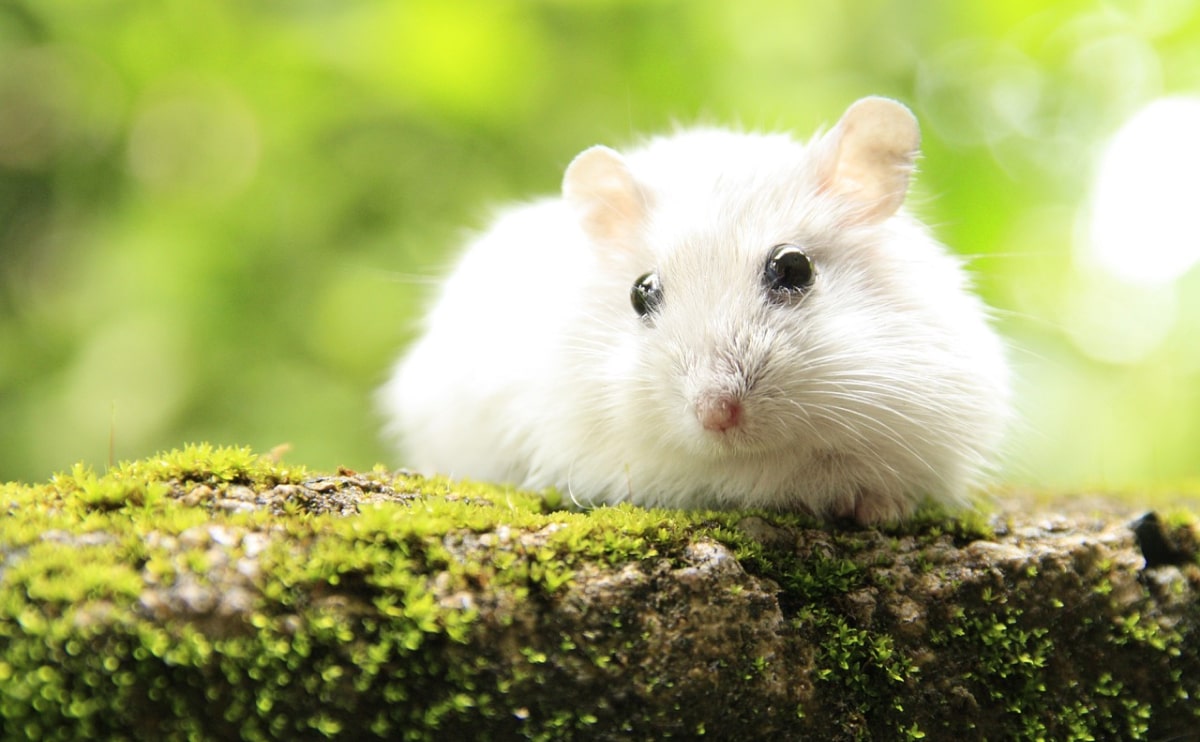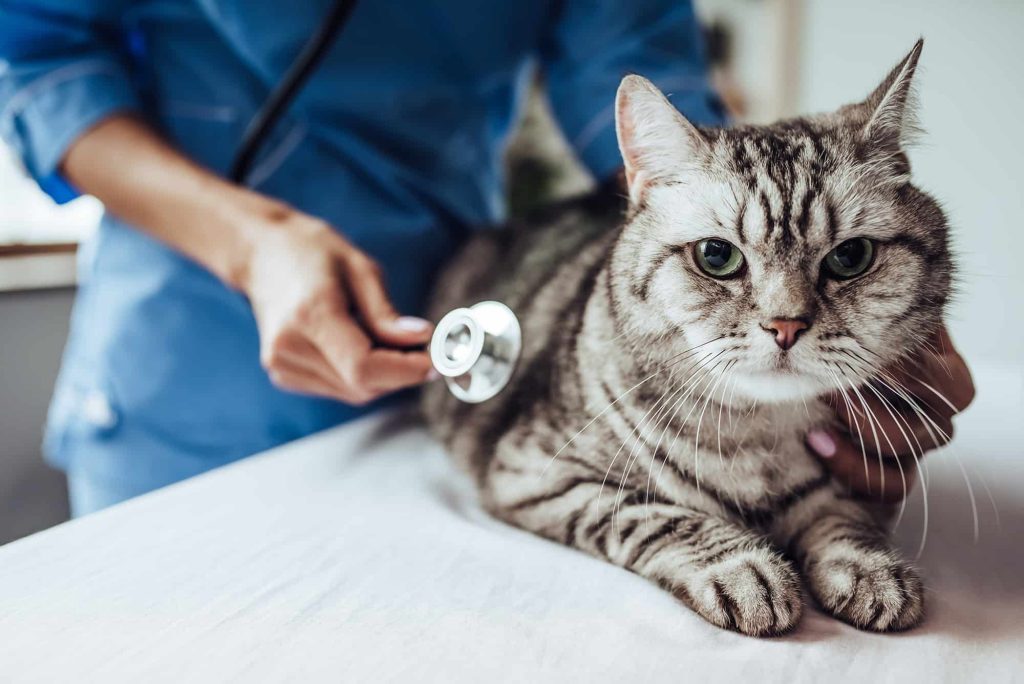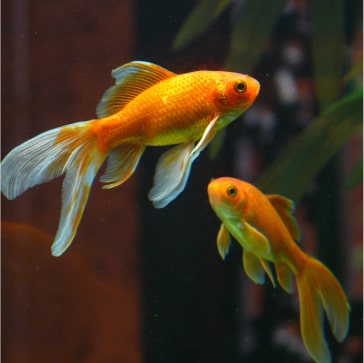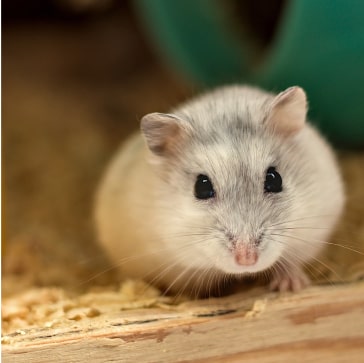Blog
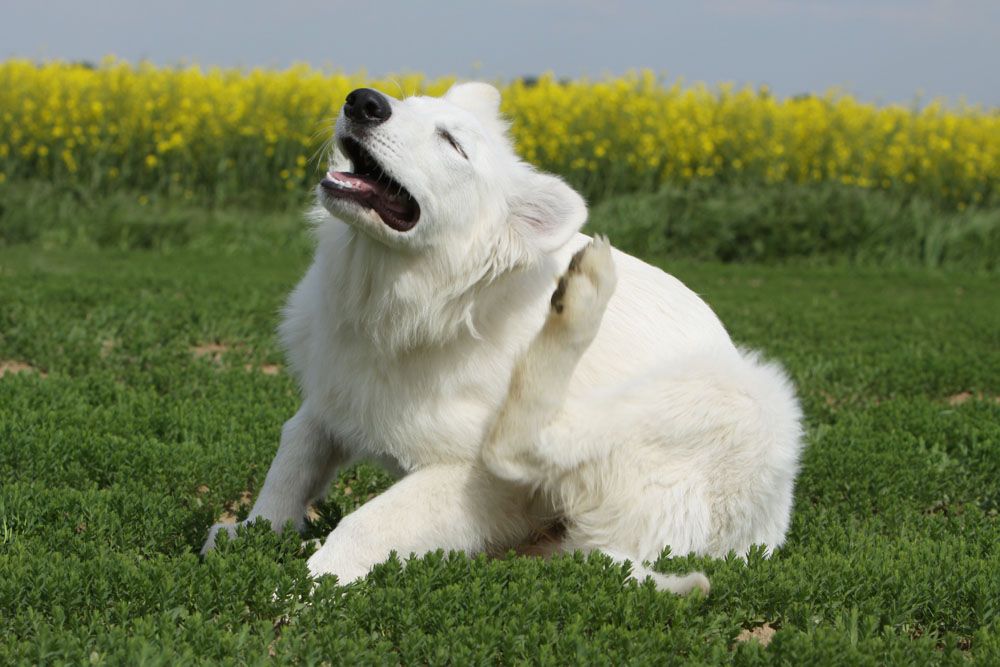
What Causes Itchy Skin in Dogs and How Can You Prevent It?

One of the most common reasons pet owners seek medical treatment for their dogs is itchy skin. Living with itchy skin is just unpleasant for some dogs. For many others, however, it is excruciatingly painful, resulting in fur loss, blisters, scabbing, and, finally, infection. If your dog is displaying indications of pain as a result of a skin condition, the greatest and kindest thing you can do for him is obtain a diagnosis and invest in the quality skin healthy products your pup requires to live a pleasant life.
What Causes Dogs’ Itchy Skin?
Itching is referred to as “pruritus” in medicine. Pruritis is an unpleasant sensation in the skin that leads a human or animal to scratch, not a skin illness that produces the experience.
Dogs, like people, can acquire pruritus for a variety of causes, including food allergies, yeast infections, and bacterial infections. According to one veterinary dermatologist who researched canine itching, pruritis is connected with as many as 43 illnesses. The good news is that you may not need to do 43 tests to figure out what’s wrong with your dog, since 95 percent to 98 percent of all cases fit into one of five categories:
- Food intolerance
- Parasite hypersensitivity
- Allergic response to pollutants in the environment, such as pollen
- Infections with yeast
- Bacteriological infections
Of course, it’s crucial to remember that there are a number of different illnesses that, although not causing itching, might induce symptoms that lead to pruritis. It is fairly unusual for a dog to acquire pruritis as a result of a secondary bacterial or yeast infection that develops after the primary cause has gone.
How Does a Vet Treat Itchy Skin?
A variety of tests may be required to diagnose itchy skin, beginning with a visual inspection and evaluation of symptoms. The veterinarian who treats your dog will look for common pruritis symptoms such as frequent licking, scratching, or biting at the skin. He or she will also focus on trouble areas. Is your dog itching all over, or is the illness restricted to a specific area?
The vet will then review your pet’s medical history. Is there a history of skin problems or other health issues in your dog? In addition, the expert will try to remove the potential of mites, ticks, fleas, and other parasites, which are the most likely cause of pruritis.
If your veterinarian cannot establish a diagnosis based only on a visual examination or your pet’s history, he or she may suspect a bacterial or fungal illness. Infection symptoms are often more visible than persistent itching and licking, and may include scaling, hair loss, fluid discharge, and a bad odor. Dogs with illnesses or allergies will regularly lick their paws and face.
If the doctor detects an illness, he or she will prescribe antibiotics. When the course is over, the vet will want to arrange a follow-up visit to check if the medicine was effective. If it didn’t, he or she may wish to have allergy tests done.
Allergy testing may be time-consuming and costly since your pet could be allergic to a variety of substances. These include its food, a food ingredient, pollen, a material in your house, mold, dust, insect stings, and so on. The list could go on and on. The vet will start with the most frequent allergies and work his or her way down the list. Ideally, you will receive a response sooner rather than later.
How Is Pruritis Treated?
The treatment of itchy skin in dogs is entirely dependent on what is generating the symptom in the first place. While symptom alleviation measures such as hypersensitive skin shampoo, coconut oil, and antihistamine tablets might help relieve itching, they do not address the underlying problem. Your puppy will continue to suffer from pruritis until the condition is treated. So, what will the therapy entail?
- Anti-Itch Drugs: Even after determining the cause of pruritis, a veterinarian may offer anti-itch medications and topical lotions for continued symptom treatment. Glucocorticoids, which are anti-inflammatory steroids, are one of the most effective drugs for relieving itching. However, these medications have a number of negative side effects, including increased urination, hunger and thirst, and the development of urinary tract infections and diabetes.
- Antihistamines: Antihistamines work by reducing or blocking histamines, hence alleviating allergy symptoms. However, the efficacy of these medications varies greatly from dog to dog, and it is not uncommon for them to lose potency over time. For these reasons, your veterinarian may only recommend an antihistamine at first, followed by a long-term treatment plan.
- Natural Diet: Many dogs are sensitive to gluten and wheat, both of which are prominent components in dog diets. The proteins most typically used in dry and wet food, chicken, turkey, and beef, are also common allergens in dogs. If your veterinarian suspects food allergies, try creating your dog’s food at home using sweet potatoes and fish. The sweet potato supplies your dog with the essential carbs, while the fish acts as an additional protein source that is high in oils and fatty acids, both of which assist to alleviate inflammation.
- Treatment for Fleas and Ticks: If bugs or parasites are the source of your dog’s suffering, you may have it simple. Effective pest management and flea and tick treatment may be all that is required to restore your dog’s comfort.
- Natural Topical Treatments: While natural topical remedies will not cure the underlying problem, they will keep your pet happy until you discover an effective, long-term therapy. Aloe Vera, which promotes healing; lavender and tea tree oil, which assist to reduce inflammation; and colloidal oatmeal, which helps soothe inflamed skin, are all natural healing agents to try.
If you observe your dog licking, scratching, or chewing at his skin excessively, the best thing you can do is take him to the vet for an accurate diagnosis and professionally-recommended treatment plan. In the meanwhile, consider changing your dog’s diet and using a natural cure to restore his comfort as much as possible.
Petstup is an official seller of the many well-known pets brands, focused on improving the lives of pets, pet parents and our partners. We proudly offer a large variety of pet nutrition products and supplies competitively priced for dogs, cats, reptiles, fish, birds and small animals. Petstup is your one stop shop for all your pet’s needs. All our products are authentic, and pass all mandatory United States standards and veterinary practices. We run several warehouses across the United States to serve you better and faster.




